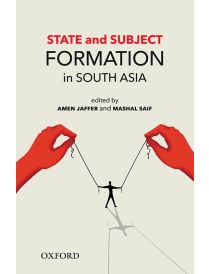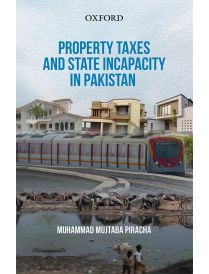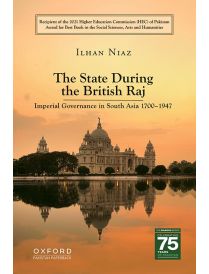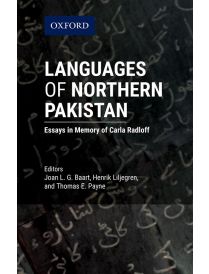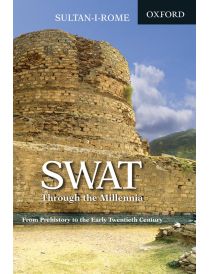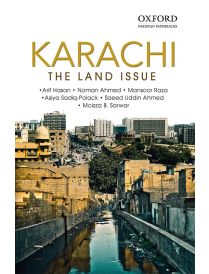The North-West Frontier (Khyber Pukhtunkhwa): Essays on History
The book covers a variety of topics about the Frontier (Khyber Pukhtunkhwa) and itspeople. It outlines the geography of the province and describes the three major theories about the origin of the Pukhtuns and recounts the Pukhtun code of life—Pukhtu. The author discusses the area’s occupation by the Britons in 1849 and examines the Durand Line Agreement (1893), along with its pros and cons. From the uprising against the British in the tribal belt in 1897, the book moves to the formation of the province in 1901 and covers the related constitutional developments. The book discusses the role of the Khudayi Khidmatgar Movement, the Muslim League in the province, and the 1947 referendum. It also analyses the administrative apparatus that prevailed in the erstwhile tribal areas and describes the political careers and educational services of Sahibzadah Abdul Qayyum and Abdul Ghaffar Khan. These
various themes and issues—placed in their geo-political, strategic, and historical contexts—present a comprehensive overview in this well-researched book by one of the top scholars of the country in the discipline of history.
 Weight in kg
0.54
Weight in kg
0.54
 Rights
World
Rights
World
 Year of Publication
2022
Year of Publication
2022
 Binding
Paperback
Binding
Paperback
 Pages
508
Pages
508



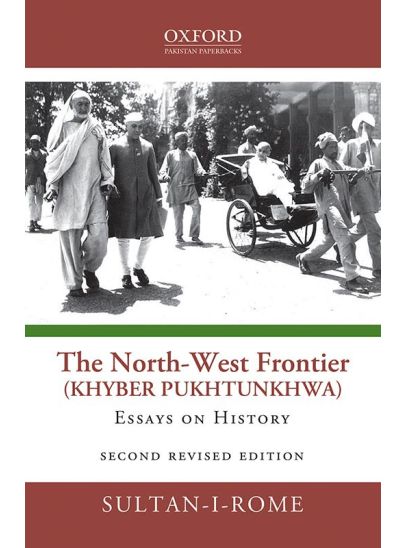
 Bulk Order
Bulk Order Request a Quote
Request a Quote